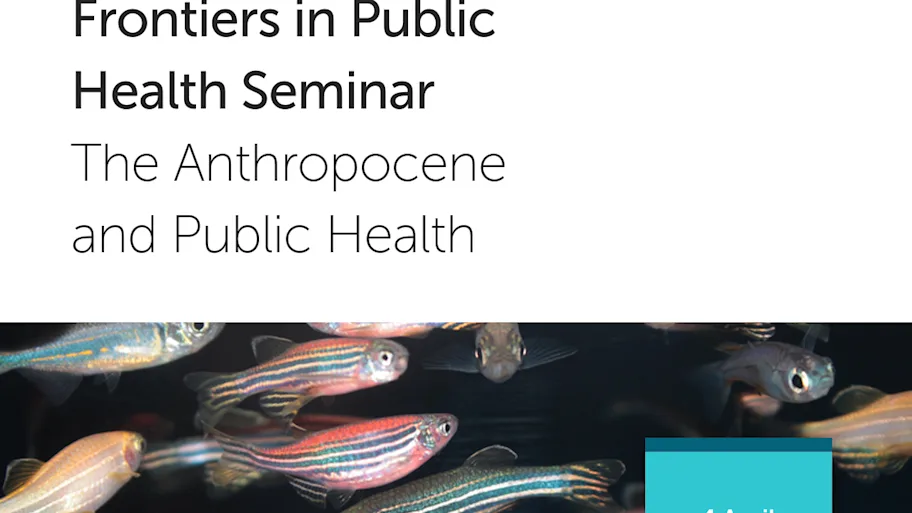
- Science news
- Frontiers news
- Is our health more important than our planet’s?
Is our health more important than our planet’s?

How is climate change affecting our health and what are the benefits of acting now to mitigate emissions? Can protecting biodiversity and ecosystem services also protect our health? How can urban planning improve our health while also benefiting nature? Can we better manage our food production systems to improve health of people and the planet? These are the sorts of challenges the emerging discipline —Planetary Health— tries to solve by looking at these problems from both human health as well as environmental protection perspectives.
Enhancing human health and environmental values from changes to land management is now open for submissions. Sign up for article alerts to receive the latest research
Led by Dr Kris Murray, Senior Lecturer of Global Change, Biodiversity, Ecosystems and Health, at Imperial College London, this new Planetary Health section in Frontiers in Public Health will explore how human health can continue to progress without literally costing the earth. “The lack of progress on a whole range of critical global environment issues has the potential to undermine recent progress in human health,” says Dr Murray. “Planetary Health as a field is a philosophical and practical response to this inaction.”
Planetary Health: who decides what it means?
Although it builds on other sustainability-grounded health disciplines, ‘Planetary Health’ as a term has only fairly recently been coined. “This means that people are still trying to work out whether their work and interests fall under its remit, where to define its boundaries and what could be its biggest contributions to other fields,” says Dr Murray. “One thing that unites all researchers is an evidence-based recognition that we can no longer allow our environment to crumble around us if we want to achieve sustainable health in the 21st century.”
Solutions and practice
“We have fantastic, powerful and predictive environmental sciences on the one hand, and we have fantastic, powerful and predictive health and medical sciences on the other. But at the interface where these realms meet, we are just beginning to scratch the surface for predictive planetary health science,” says Dr Murray. The scientific challenge is huge but the endpoint is pragmatic: “Clearly we need to do great science — we need theoretical frameworks, hypotheses and testable predictions. But we also need action: we need to be connecting results to environmental protection regulation and legislation, social and political action and behavioral change initiatives.”
The future of Planetary Health
Dr Murray has high hopes for the future impact of research in this field: “I have a hope or even an expectation that as we continue to more effectively embed health and medicine in the larger planetary health context, good environmental policy will eventually make good health policy and vice versa. I think leveraging this potential for co-management could be one of the biggest opportunities for sustainability in the 21st century given the challenges we’re serving ourselves up with.”
Follow Frontiers in Public Health on Twitter
Frontiers journals lead in citations and rank in top Impact Factor and CiteScore percentiles. See full analysis






